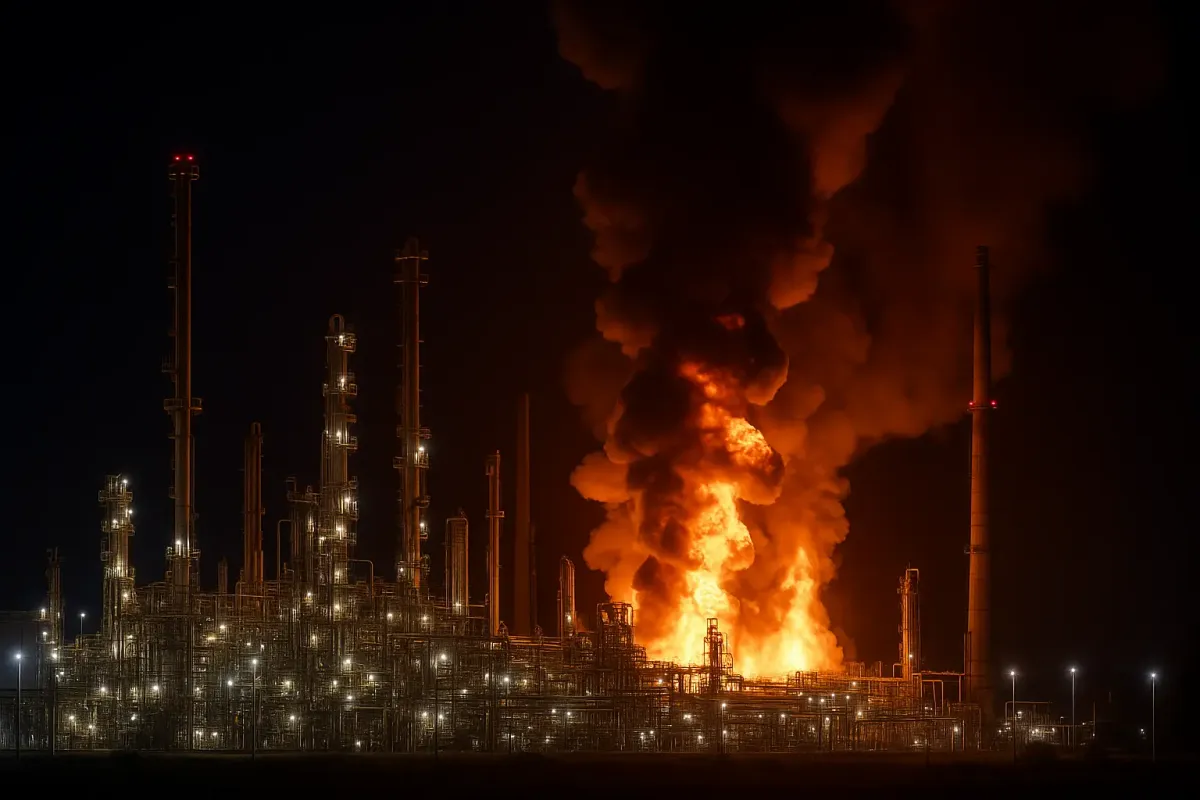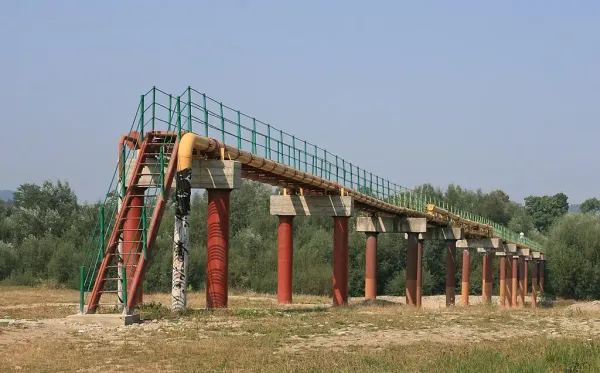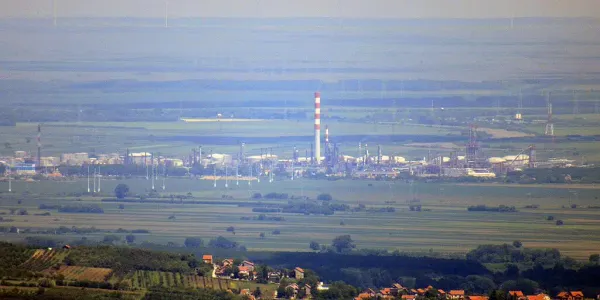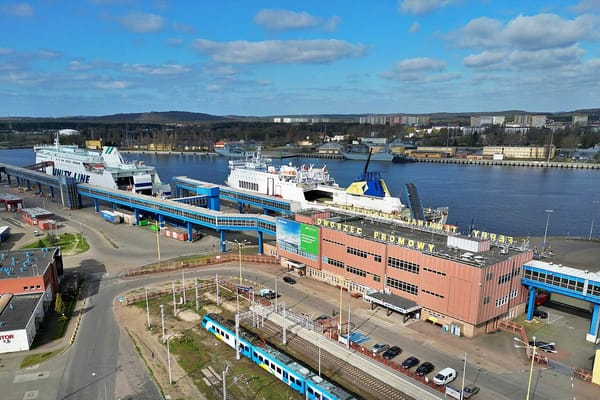
Refinery fire tests MOL’s resilience and regional supply
A fire broke out last Monday night at MOL Group’s Danube Refinery in Százhalombatta, damaging the largest of its three distillation towers. This installation accounts for roughly 40% of the refinery’s total crude-oil processing capacity, equivalent to about 3 million tons annually. While the fire was contained before spreading to other sections, the incident has temporarily removed a major part of Hungary’s refining capacity from operation, with repair timelines still uncertain.
Strong reserves shield Hungary from wider shock
According to Tamás Pletser, oil and gas analyst at Erste Bank Hungary, the shutdown could have notable though manageable consequences for fuel supply across the region. The MOL Group will likely be forced to combine the use of strategic oil reserves with increased imports, to sustain domestic and regional distribution, as OMV did after the 2022 Schwechat incident. Hungary currently maintains reserves somewhat exceeding the mandatory 90-day strategic level, ensuring short-term supply stability. As MOL has declared that it will prioritize the domestic market Hungarian consumers are unlikely to face shortages or price hikes. The greater vulnerability, Pletser highlighted, lies south of the border: Serbia, where the state-owned NIS refinery, constrained by U.S. sanctions, can no longer import crude via Croatia’s Janaf pipeline. With MOL expected to redirect output inward, Serbia’s supply could tighten within weeks, potentially amplifying regional price pressures even if Hungary itself remains insulated.
Domestic supply secure, prices stable for now
Echoing this view, energy expert Attila Holoda agreed that the Hungarian fuel market is secure, pointing to MOL’s practice of raising inventories ahead of scheduled maintenance and to the country’s emergency reserves. He also expects no immediate retail price impact, since short disruptions of this nature are considered part of normal industrial risk. “Such incidents are built into the operation of a refinery,” Holoda explained, “and costs linked to technical failures are rarely passed directly to consumers.” However, he acknowledged that temporary supply constraints in Serbia may occur as MOL concentrates on Hungary’s domestic market.
Human error likely behind the incident
As for the cause of the fire, Holoda suggested it was most likely human error during maintenance work rather than a mechanical fault or deliberate act. Since MOL did not report active production at the affected unit, he believes the incident probably happened amid hot-work operations such as welding or grinding, where a single spark can ignite residual gases. The company’s in-house fire brigade, which Holoda described as “better equipped than most municipal forces,” contained the blaze within hours. Hungarian police have since opened an investigation into negligent endangerment, reinforcing that this was an industrial accident, not sabotage.
A reminder of regional interdependence
While MOL’s swift containment and substantial reserves shield Hungary from immediate risk, the event underscores the interdependence of Central Europe’s downstream networks—and how quickly a single refinery’s outage can echo beyond national borders. In the coming weeks, markets will watch whether the outage leaves only a brief logistical dent or triggers a broader adjustment in regional fuel prices and supply flows.





